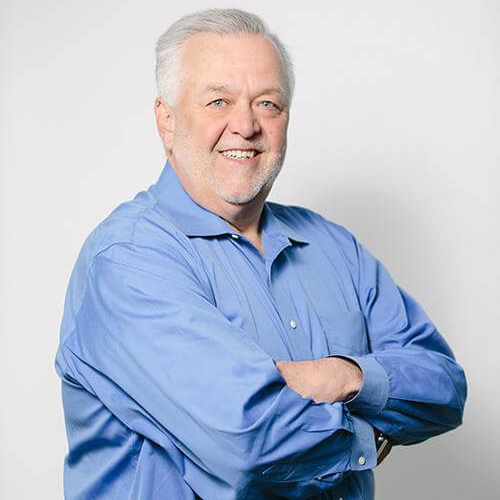According to a business owner who recently failed at retirement, ‘retirement isn’t all it’s cracked up to be’. For this individual, it wasn’t about the money, it was about the feeling of loss once he wasn’t the boss and in control. He felt as if his purpose in life had simply disappeared.
This is more common than you think. The signals manifest themselves in many ways. We commonly hear from wealthy business owners claiming to be working because of the high cost of health coverage, they don’t know what they’d do, and feel like they would miss all of the other employee benefits that they’ve come to take for granted such as dental coverage or the use of a company vehicle.
Combine that with the emotions of building something from zero to significance, and a sale or retirement may cause a post-partum, empty type of feeling. To avoid this, or get over it if you are in the midst of these types of decisions, focus on two specific areas. One is quantitative and the other is qualitative.
On the quantitative side, take a detailed look at your cash flow and balance sheet. Then take these numbers and roll the clock forward under several different scenarios. You want to see how your financial life would look if you retired, slowed down, sold the business, or transferred the business to the next generation. You also need to stress test these forecasts with a few variables out of your control such as the future rate of inflation, the return on your investments, savings and the future tax burdens that you may incur. This will let you know if you can truly afford to do something else.
Now that work is optional, you should start thinking about how you would spend your 168 hours per week if work was eliminated from the picture. This isn’t something that you can plan over the weekend, and for many, it takes a period of up to 3 – 5 years to get their plan in full motion. Begin asking yourself how you would choose to spend your time if work was truly optional. For many, this time freedom often leads to things that they love to do, and that may or may not be costly.
But this exercise is also harder to go through than many would think – so you may need to trick yourself a bit to get your priorities lined up. Consider a few of the issues utilized by life planning graduates of the Kinder Institute. If your doctor told you that you only had a short time left, how would the answer to how you use your time differ? Would it include exotic things like safaris or more trips to visit parents or grandkids? A further extension of this thinking would ask you this. If you received the notification from your doc that tomorrow was you last day of life, what would you regret? What didn’t you accomplish or who didn’t you become that could have made you happier?
John P. Napolitano CFP®, CPA, PFS, MST is Founder and Chairman of Napier Financial in Braintree, MA. Visit napierfinancial.com for more information. The opinions voiced in this material are for general information only and are not intended to provide specific advice or recommendations for any individual. Investment and financial planning advice offered through US Financial Advisors and Great Valley Advisors, Registered Investment Advisors.

